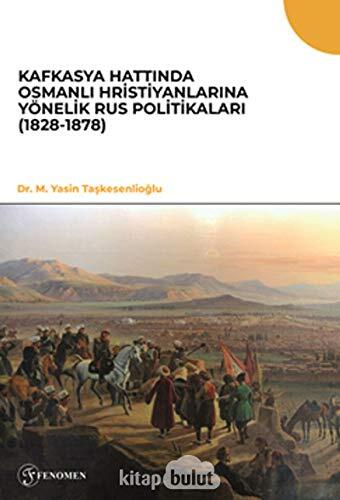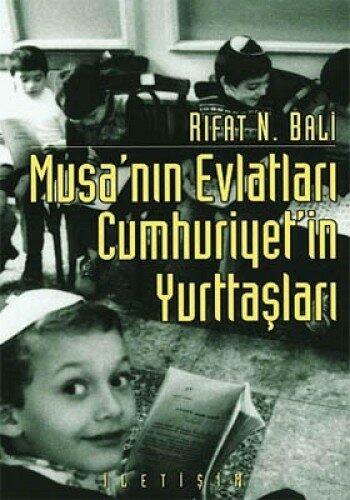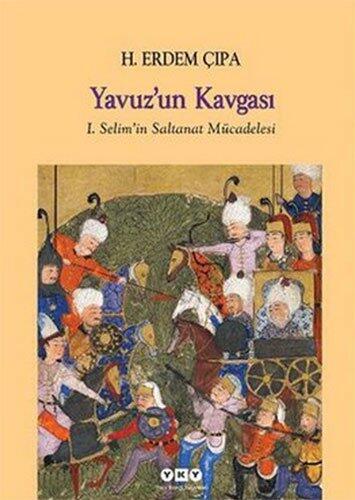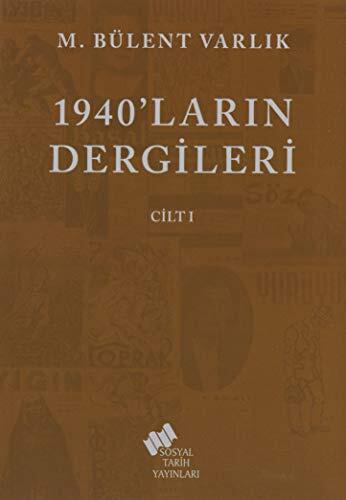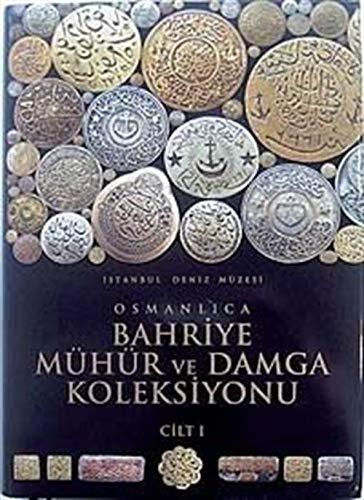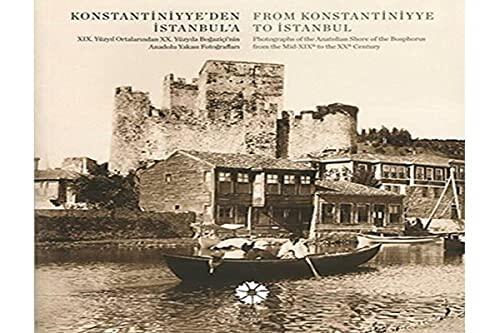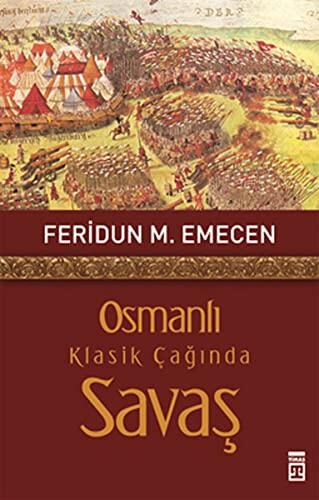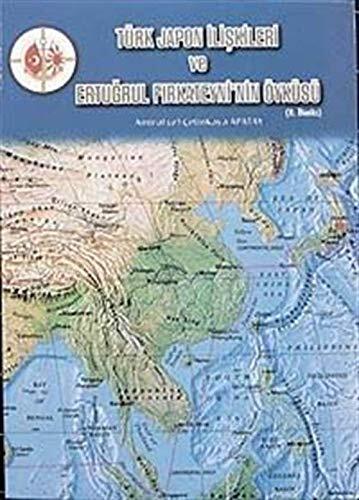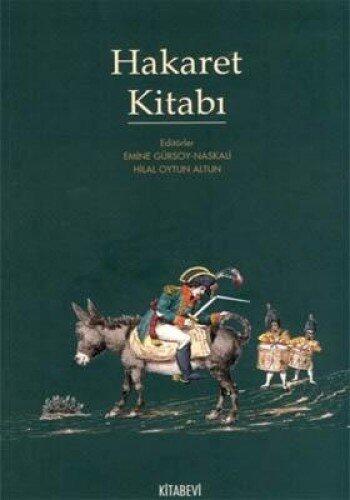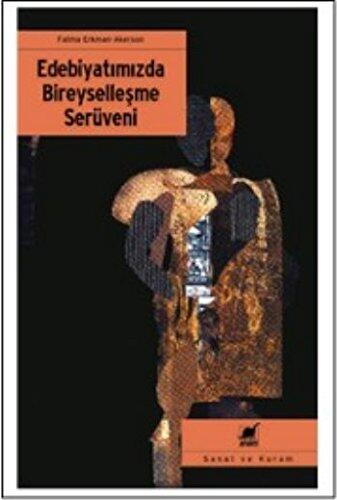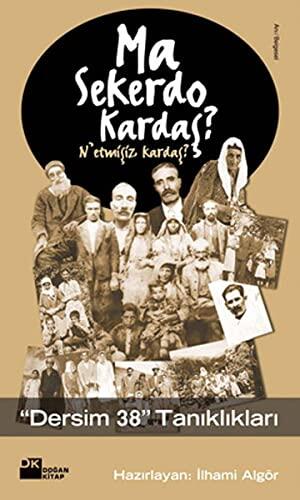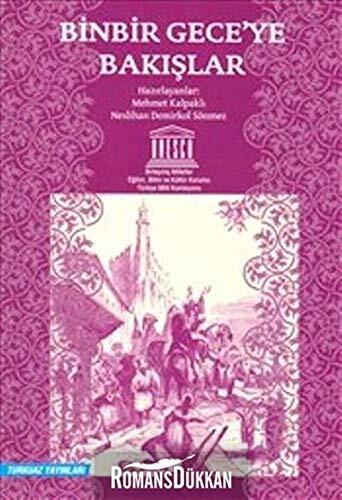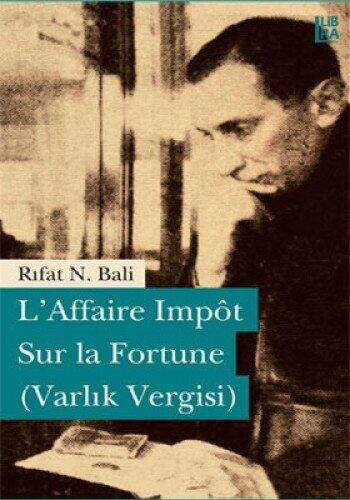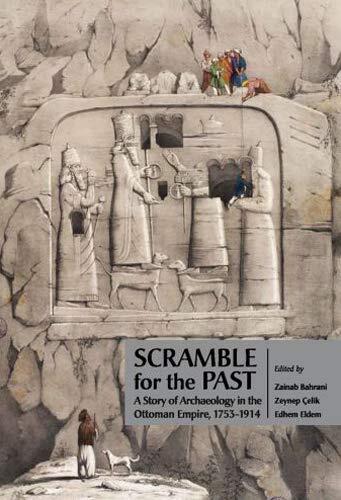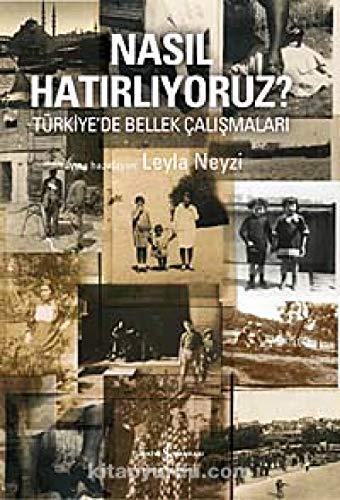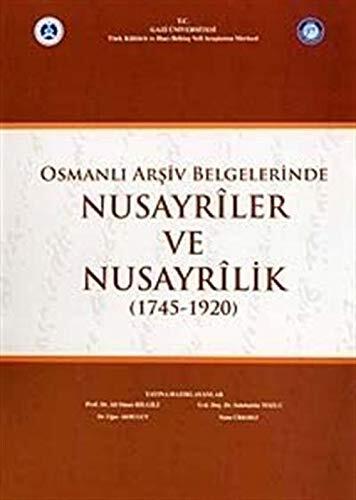
Osmanli Arsiv Belgelerinde Nusayrîler ve Nusayrîlik
لا توجد تقييمات بعد
History
تنسيق
غلاف ورقي
صفحات
400
لغة
التركية
منشور
Jan 1, 2011
الناشر
Gazi Üniversitesi
رقم ISBN-10
9755072365
رقم ISBN-13
9789755072364
الوصف
Exploring the intricate historical narrative of the Nusayrî community within the Ottoman archives, this work delves into the rich tapestry of Nusayrî identity and belief from 1745 to 1920. It paints a vivid picture of a religious and ethnic group often overshadowed in the annals of history. The pages reveal not only the challenges faced by the Nusayrî but also their contributions to the broader socio-political landscape of their time.
Drawing upon a treasure trove of archival documents, it meticulously examines how the Nusayrîs navigated the complexities of Ottoman governance and societal expectations. The study sheds light on the delicate relationship between the Nusayrî and other religious sects, offering insights into the intercommunal dynamics of the era. Through this exploration, readers gain a deeper understanding of how historical narratives are woven together, shaped by the experiences of marginalized communities.
Scholars and history enthusiasts alike will find the intricacies of religious practices, cultural expressions, and communal resilience captivating. This book serves as a vital resource that brings forth the voices of the Nusayrî, enhancing the narrative surrounding a community often relegated to the shadows. It challenges preconceived notions of identity and belonging, inviting a broader reflection on the historical context of minority groups in the Ottoman Empire.
Ultimately, the text serves as a testament to the enduring legacy of the Nusayrîs, preserving their story for future generations. Through careful analysis and thoughtful presentation of historical documents, it celebrates a facet of history that deserves recognition, providing a platform for ongoing dialogue about identity and heritage.
Drawing upon a treasure trove of archival documents, it meticulously examines how the Nusayrîs navigated the complexities of Ottoman governance and societal expectations. The study sheds light on the delicate relationship between the Nusayrî and other religious sects, offering insights into the intercommunal dynamics of the era. Through this exploration, readers gain a deeper understanding of how historical narratives are woven together, shaped by the experiences of marginalized communities.
Scholars and history enthusiasts alike will find the intricacies of religious practices, cultural expressions, and communal resilience captivating. This book serves as a vital resource that brings forth the voices of the Nusayrî, enhancing the narrative surrounding a community often relegated to the shadows. It challenges preconceived notions of identity and belonging, inviting a broader reflection on the historical context of minority groups in the Ottoman Empire.
Ultimately, the text serves as a testament to the enduring legacy of the Nusayrîs, preserving their story for future generations. Through careful analysis and thoughtful presentation of historical documents, it celebrates a facet of history that deserves recognition, providing a platform for ongoing dialogue about identity and heritage.


